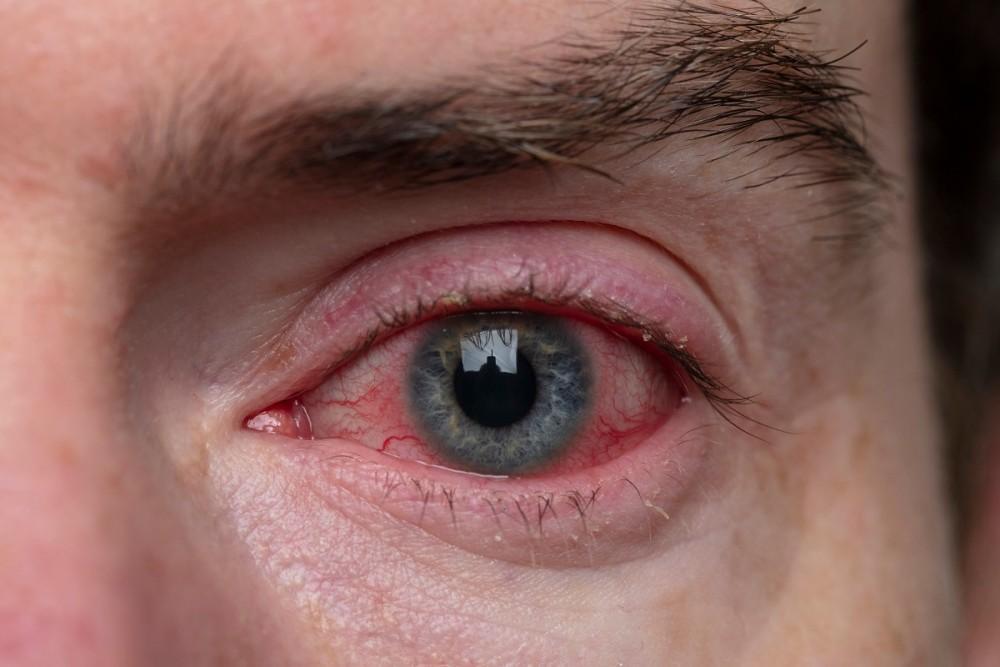Why Does Blepharitis Become More Common With Age?

More than 25 million Americans suffer from blepharitis, a painful condition associated with inflammation of the eyelid. More specifically, blepharitis develops when the oil glands in one or both lids become inflamed and irritated.
Like other ocular conditions, blepharitis responds best to early intervention aimed at reducing inflammation and optimizing normal oil gland function.
Take a moment as Soheila Rostami, MD, and Joseph Davidson, MD, provide a brief overview of blepharitis and its management to help patients at Rostami OPC find quick, long-lasting relief.
Quick facts about blepharitis
Blepharitis develops when bacteria invade the oil glands and multiply, causing an infection, or when the oil glands inside your eyelids dont work properly or become blocked. Sometimes, both conditions are present. Poor eyelid hygiene can also contribute to symptoms.
Blepharitis typically causes signs and symptoms like:
- Red lump along the lid margin or under the lid
- Burning sensations
- Sensitivity to light
- Foreign-body sensation
- Red or watery eyes
- Crust along the eyelid margin, especially when waking
- Pain or itching in the lid
Without prompt treatment, the bacteria can spread and cause a more serious infection.
Blepharitis tends to happen more often in people with dandruff, rosacea, or very oily skin. Its also more common among people over age 50.
Blepharitis and aging
Researchers arent sure why blepharitis appears to become more common with older age, but they feel its probably linked to age-related changes in the eyelid and its oil glands.
Older people also tend to experience dry eye more commonly, and data show blepharitis happens more often in people with dry eye syndrome. In fact, the oil glands inside your lids help promote a healthy tear film, so it follows that if your oil glands arent functioning properly, you could wind up with both conditions.
As we get older, our skin becomes thinner and our immune system may not function as well as it once did, two factors that can lead to an increased risk of eyelid infections.
Systemic conditions like Sjögrens syndrome, rosacea, and diabetes also increase your risk of developing blepharitis, and all of these conditions also become more common with age.
Managing blepharitis
Although blepharitis itself isn’t directly associated with vision loss, it can be very uncomfortable, and without treatment, it can lead to more serious problems.
If your blepharitis symptoms are coming from an active infection, we may prescribe medication to help fight off the infection and prevent it from spreading. Otherwise, the following simple steps can help relieve your symptoms.
Good eyelid hygiene
Taking some extra time to clean your lid margins helps remove built-up oil, germs, and other irritants. Use a mild cleanser, like diluted baby shampoo, and gently wash the margins to remove debris and keep bacteria at bay.
Using artificial tears
Artificial tears contain lubricants similar to your own tears. if you have blepharitis or dry eye syndrome (which can lead to blepharitis), using artificial tears can reduce dryness, redness, and irritation.
Applying warm compresses
Warm compresses help dislodge blockages inside your oil glands while promoting optimal gland function, too. Apply compresses several times a day for best results.
Skip eye makeup
Eye makeup can clog your eyelash follicles, creating a plug that traps oil and bacteria. If youre prone to blepharitis, not wearing eye makeup can greatly reduce your risk of irritation, inflammation, and infection.
Avoid rubbing or touching your eyes
Your skin naturally harbors bacteria, and your hands pick up more bacteria throughout the day. When you rub your eyes, you can transfer germs to your lids, increasing your risk of infection. If your eyes itch or burn, try artificial tears or compresses instead.
Find relief for sore eyelids
Blepharitis can cause uncomfortable symptoms and even take a toll on your vision. To learn how we can help you manage your symptoms and even prevent them from occurring, call or book an appointment online with the team at Rostami OPC in Reston and Dulles, Virginia, today.
